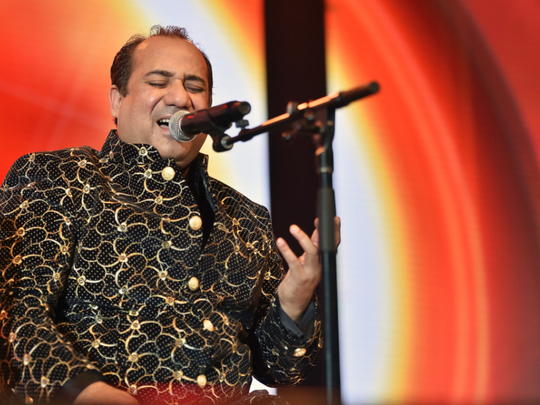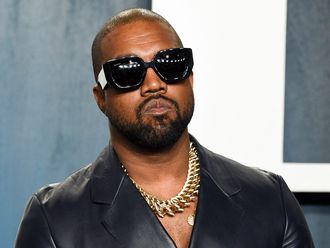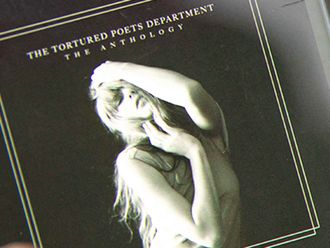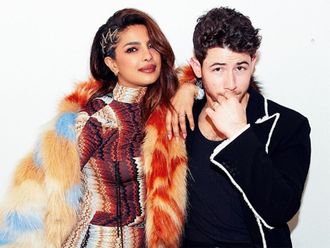
Magic! It was sheer magic — Rahat Fateh Ali Khan virtually cast a spell on his audience at Dubai World Trade Centre on Friday.
The Pakistani singer, who chose Dubai for the grand finale of the Tribute Tour, held the 4,200-odd audience captive for more than three hours. The tour was dedicated to his mentor, the late Nusrat Fateh Ali Khan, to mark his 20th death anniversary.
Although the show started a bit late, at around 10.30pm, no one seemed to be complaining once the star performer took to the stage. Rahat, who acknowledges much of his success is thanks to Bollywood, began the concert with Tu Na Jaane Aas Paas Hai Khuda from Anjana Anjaani as a homage to the industry that made him so popular and followed it up with Nusrat’s Sanu Ik Pal Chain.
Next, Rahat got nostalgic with Jiya Dhadak Dhadak Jaye from Kalyug.
One thing we notice from Rahat’s concert is there is very little talking. He speaks through music and there’s hardly any gap between songs.
The coordination with his orchestra seems perfect and well planned. The musicians are quick to change from Bollywood to the semi-classical and to the Sufi genre at the drop of a cue from the saxophonist.
After having ensured the audience was with him, Nusrat switched to the soulful Punjabi song Main Tenu Samjhawan Ki from Humpty Sharma Ki Dulhania and followed it up with Jag Ghumiya Thare Jaise Na Koi from Salman Khan’s movie Sultan.
Then it was time some qawwalis — devotional songs —as requests from the audience poured in. Rahat chose Mere Rashke Qamar, which was first performed by Nusrat in 1988, to quell the crowd.
Tere Bin Nahi Lagda Dil Mera Dholna was next on Rahat’s tribute list to his uncle, who had mentored him from the age of 10. How can anybody forget this song, so beautifully sung by the late maestro himself?
Rahat then moved back to Bollywood songs, several of which have won him many awards. These included Zaroori Tha (Hamari Adhuri Kahani); Surili Akhiyon Wale (Veer); O Re Piya (Aja Nach Le) and Teri Yaad Saath Hai (Namastey London). They also set the tone for the qawwali Afreen Afreen from Nusrat’s album Sangam.
After a brief interlude and change of mood and costumes, the musicians were back on stage for some semi-classical and Sufi genres. Rahat took centrestage with a harmonium in tow and began a mesmerising Allahu Allahu, which he had also performed at the Nobel Peace Prize Ceremony. Next in tribute to one of the greatest qawwali singers, Rahat rendered Tumhain Dillagi Bhool; Naina Thag Lenge (Omkara); and Dagabaaz Re (Dabangg 2).
Then Ye Jo Halka Halka, originally sung by Nusrat, lifted the spirits of the audience. After that came Mere Rashke Qamar, Tere Mast Mast Do Nain and Dam Mast Qalandar in quick succession.
It was close to 1.30am but not a soul had moved from their seats until the finale. It was a great show. The winter cold seemed to have been driven away by the warmth of the mellifluous voice of Rahat.
It’s too bad no one bothered to introduce the accompanying instrumentalists. All efforts by tabloid! to get their names from the organisers went in vain.They helped make it an evening to remember.
It was only when it was over that I realised Rahat did not sing Mera Piya Ghar Aaya, a song that always comes to my mind when I remember the great Nusrat saab (sir).













